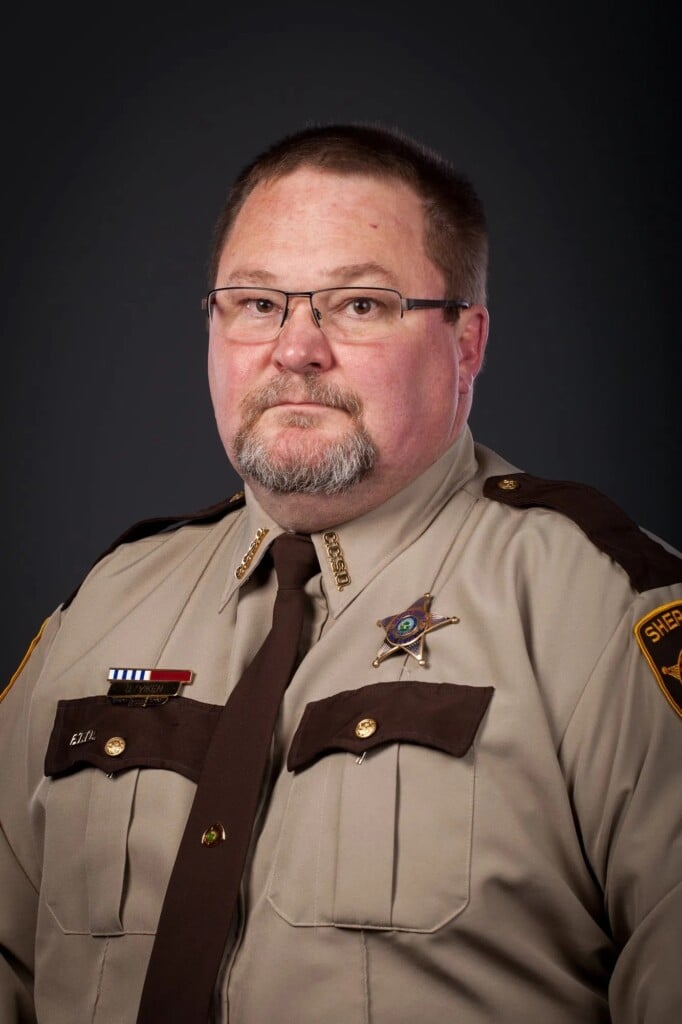Coming to Fargo: One Family’s Journey from Bhutan
If you live in Fargo, you know there are refugees here from all over the world.
From Somalia, to Congo to Iraq, our region is rich in culture.
But you may be surprised to learn the number one country our refugees come from is a small country on the border of India and China.
KVRR’s Jake Stofan talks with one refugee family about their journey from the politically oppressive country of Bhutan to the Red River Valley.
This year’s presidential election has been a roller coaster ride.
And it’s not just the candidates that are standing on political platforms.
From supporters on both sides…to our late night hosts taking shots.
It’s our right in this country to say what we want…when we want.
Take a moment and imagine if that right…was stripped away.
“Armies were coming to homes and they were trying to arrest the heads of the families and trying to rape the other female members of the family.”
Punya Ghimire lives in Fargo.
He lives in a country where he has the freedom to speak his mind.
But it wasn’t always like that.
Punya is from Bhutan…where government rule in the 1990’s lead to a crackdown on those who spoke out against Bhutan’s leaders.
Dissenters were thrown in jail or expelled from the country.
Punya’s family opposed the government…and that’s what lead him to a life in Fargo.
His father participated in pro-democracy protests in the early 90’s and because of his political beliefs, he knew the government would be coming after him and his family.
Punya’s parents, along with other family members, fled to a refugee camp in Nepal, leaving Punya behind with his grandparents.
“The people who came at first, they started dying there because of the poor health conditions,” said Punya. “Some of my relatives died there.”
Punya stayed in the country for a year before the government discovered he was living without his parents.
He was forced out of the country into the refugee camp but when he arrived…conditions had improved.
Punya says one highlight was the education system.
He completed high school and some college, even took some English classes that taught him the language.
He lived in the camp for 15 years before his family applied for migration to the United States.
That process took a year in itself.
“It is not a really fast process,” explained Punya. “There was a ton of screening.”
All of Punya’s friends came out to wish him good luck in his new life in America on his last day at the camp.
Transitioning from a refugee camp to a developed country can be a culture shock.
The simple things we take for granted can prove to be real challenges for New Americans.
“How to get to another address, how to go to the hospital,” he said.
Lutheran Social Services helped him and his family learn the basics of living in America.
Thanks to the English language skills Punya learned at the camp, he was able to secure a job here in Fargo putting those skills to good use.
Punya is employed by Family Health, working as a medical translator.
“It took me like one day or two days only to make a friend,” he said with his trademark grin.
After a few years here, everything started to fall in place.
“We all jointly make some money,” he said of his family members. “Then I bought this home.”
He says his new living room is the size of the entire hut his family of five lived in at the refugee camp.
He has plenty of space to fit his family of six in their home comfortably.
He even has space to practice his Hindu faith and record some of his music.
“Waves of Music” is one of his albums he has recorded.
“I celebrate different festivals here inside my home,” he explained.
He says he invites his neighbors to join the holiday celebrations and he encourages other refugees to share their culture with their neighbors.
“It is not a bad thing to ask others cultural things,” he said. “Someone will be happy to explain those things.”
He wishes for Americans to get to know the culture and hear stories from refugees that live in their communities.
So a true harmony can begin to thrive.






